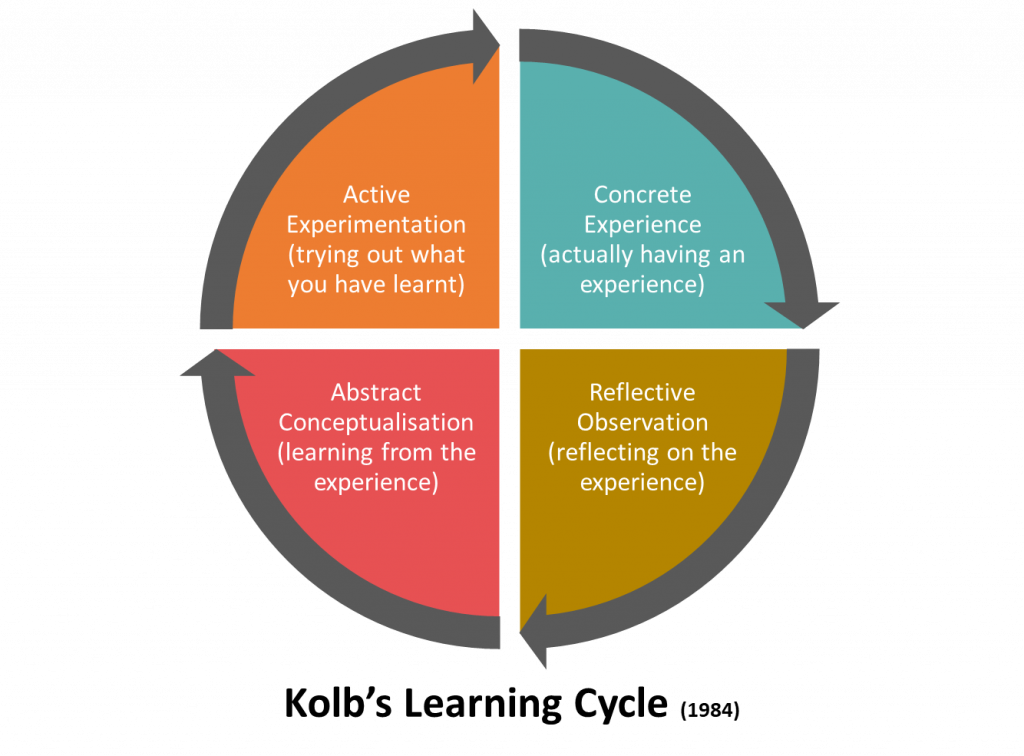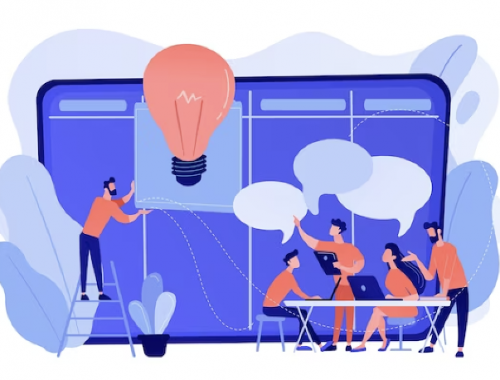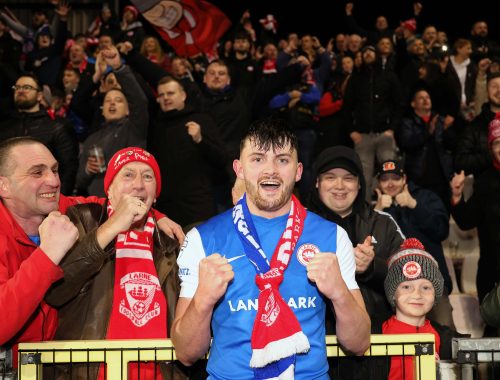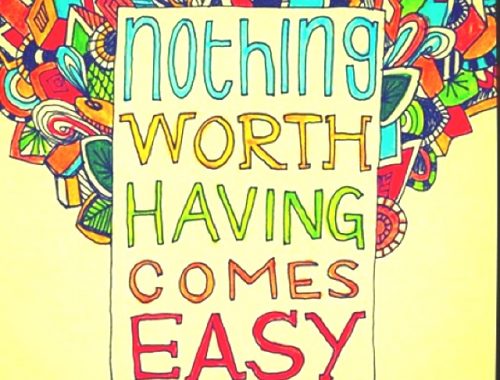Lots of plates spinning… and they are all wobbling… and on fire…

When I reflect on my placement, I have many memories of familiarity. Being back in my old secondary school, doing studio recording and mixing work, it was all stuff I’d become well adjusted to over the last 3 years as part of my degree. I was enjoying my work, though I wasn’t being challenged. That was until I was given a unique project that would test not only the skills I’ve learned as part of my degree but my broader music skills as both a performer and composer.
A colleague approached the music department and asked if it would be possible to create an arrangement of a popular country western song, the intention was that this song would be played at an event that would be attended by possibly hundreds of people. Having known of the work that I completed both during my time in school and in university, the head of the music department chose me to make this arrangement, believing that my abilities as well as music technology knowledge would lend themselves to the project best. I was very eager to take on this as it was the first time in my placement I felt like I had high expectations that I wanted to reach as well as being given a lot of responsibility that fell on me alone.
Kolb’s Cycle of reflective practice

In order to reflect best on these experiences I have chosen to use Kolb’s cycle of reflective practice. I chose this reflective model as I believe that it works best for me, both in terms of being able to clearly lay out the events that transpired and also allowing me to reflect on what I learned and how I aim to use that knowledge in the future
Concrete Experience: This project entailed a lot of careful considerations about how I was going to approach it. I would need to go through the song, section by section and transcribe as best I could a piano score that would take the sound of the original and both strip it just one instrument while also maintaining the heart of the song. Something that was requested was to create a more dramatic rendition of the song and the way I went about this was by slowing down the tempo as well as adding strings and flutes throughout, this helped give the track the extra oomph it needed to be more original. The vocals were then recorded by a talented student singer within the school’s studio which I then mixed and mastered.
Reflective observation: This was definitely a departure from my actual job title of ‘Studio engineer’ to now ‘arranger/composer’. When I started the arrangement I began to worry that id made a mistake and that I should have said no to the job because not only was it outside my job title but it was outside my comfort zone and area of expertise. I am not a composer, though I wanted to rise to the occasion, not just for the sake of the staff who were depending on me but for my own sake, to show myself that I can achieve this and improve my skills.
Thankfully most of this track was made using MIDI and VSTs, This meant any work I wasn’t doing in the studio could be done at home from my bedroom using my own equipment. This allowed me to be more flexible with my time.
Abstract conceptualism: My spring semester this year, however, has been the busiest I’ve ever had in the last three years. I was driving to Belfast for classes every day and now I had to strike a balance between my classes and placement during the day and also between my actual assignments and this project whenever I was at home. I really felt the pressure mounting as my deadline for the backing track was Easter and as I tried to juggle all of my tasks I felt an increasing possibility that I would have to abandon this project in order to focus on my assignments.
This project put me under what was potentially the most pressure of any work I’ve had to complete this year, not only was I racing against the clock, but I was also trying to find a work balance while also working in an area that was beyond my comfort zone, this project was my ‘sink or swim’ moment and I was determined to swim.
Active experimentation: Through this project, I was able to enhance my skills of planning and time management as well as my transcription and composition skills. I learned how to force myself to work in fields I’m not comfortable in and use my knowledge to try and create the best outcome. Through discussion with staff and the singer, I was able to find exactly what was needed from the project as well as guide a performer to create the best possible vocal performance. All of these are skills that I can continue to refine and use in a variety of situations, from studio work, to teaching and beyond.
Conclusion
After my degree, I hope to go on to do secondary school teaching and while I was working on this project it occurred to me that this kind of work, additional, extra-curricular work was very likely to be something id have to face and the challenge to find that balance and work beyond your normal set of responsibilities was a very real possibility.
I found using reflective models and specifically Kolb’s cycle to be extremely useful in helping me to be able to identify my shortcomings and allow for greater insights into my experience and what I learned from them. This newfound experience then leads into the next cycle to allow for even more reflection, this point is summed up by as they say “the learning cycle provides feedback that is the base of a new action and evaluating the consequences of the action. The students must pass through the cycle a couple of times. Then it can be called a spiral of cycle.” (Sharlanova, 2004)
Bibliography
Sharlanova, V. (2004) “Experiential Learning,” Trakia Journal of Sciences, 2(4), pp. 36–39.
Inconsistency is Key… Right?

Challenge Accepted Sir!
You May Also Like

Keep On Keeping On – Bouncing Back From Disappointment
14 April 2023
From Volunteer Videographer to Lead Graphic Designer: My Reflective Journey at Larne FC
18 April 2023
